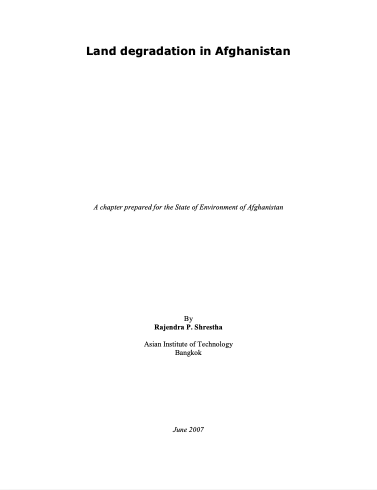Location
The Asian Institute of Technology promotes technological change and sustainable development in the Asian-Pacific region through higher education, research and outreach. Established in Bangkok in 1959, AIT has become a leading regional postgraduate institution and is actively working with public and private sector partners throughout the region and with some of the top universities in the world.
Recognized for its multinational, multicultural ethos, the Institute operates as a self-contained international community at its campus located 40km (25 miles) north of downtown Bangkok, Thailand.
Besides the usual labs and academic buildings, the main campus includes housing, sports, and medical facilities, a conference center, and a library with over 230,000 volumes and 830 print and on-line periodicals.
All serve to fulfill AIT's Mission which is:
To develop highly qualified and committed professionals who play leading roles in the region's sustainable development and its integration into the global economy.
Members:
Resources
Displaying 1 - 2 of 2Land degradation in Afghanistan
Land is very important natural resource to the human being as it provides the basis for more than 95% of human food. On the broader context, land has many other functions, e.g. provision of biological habitats and physical and connective space; regulation of hydrology and climate; storage of minerals, raw materials and historical/pre-historical records; and as a buffer to control waste and pollution. Expanding human requirements and economic activities are placing ever increasing pressures on land resources, creating competition and conflicts and resulting in suboptimal use of land.
Impact of the Land Allocation Programme on Land Use and Land Management in Lao PDR
According to the annual report of Huaphan Provincial Agriculture and Forestry Office (PAFO) (1999), despite land allocation, some villages are still practising shifting cultivation. To address this problem many decrees and regulations on land and land use have been developed and declared. The land allocation (LA) programme is one of these initiatives. So far, no effort has been made to evaluate whether the LA programme could facilitate change in land use and land management. The major objective of this study was to assess the impact of the LA programme on land use and land management.



